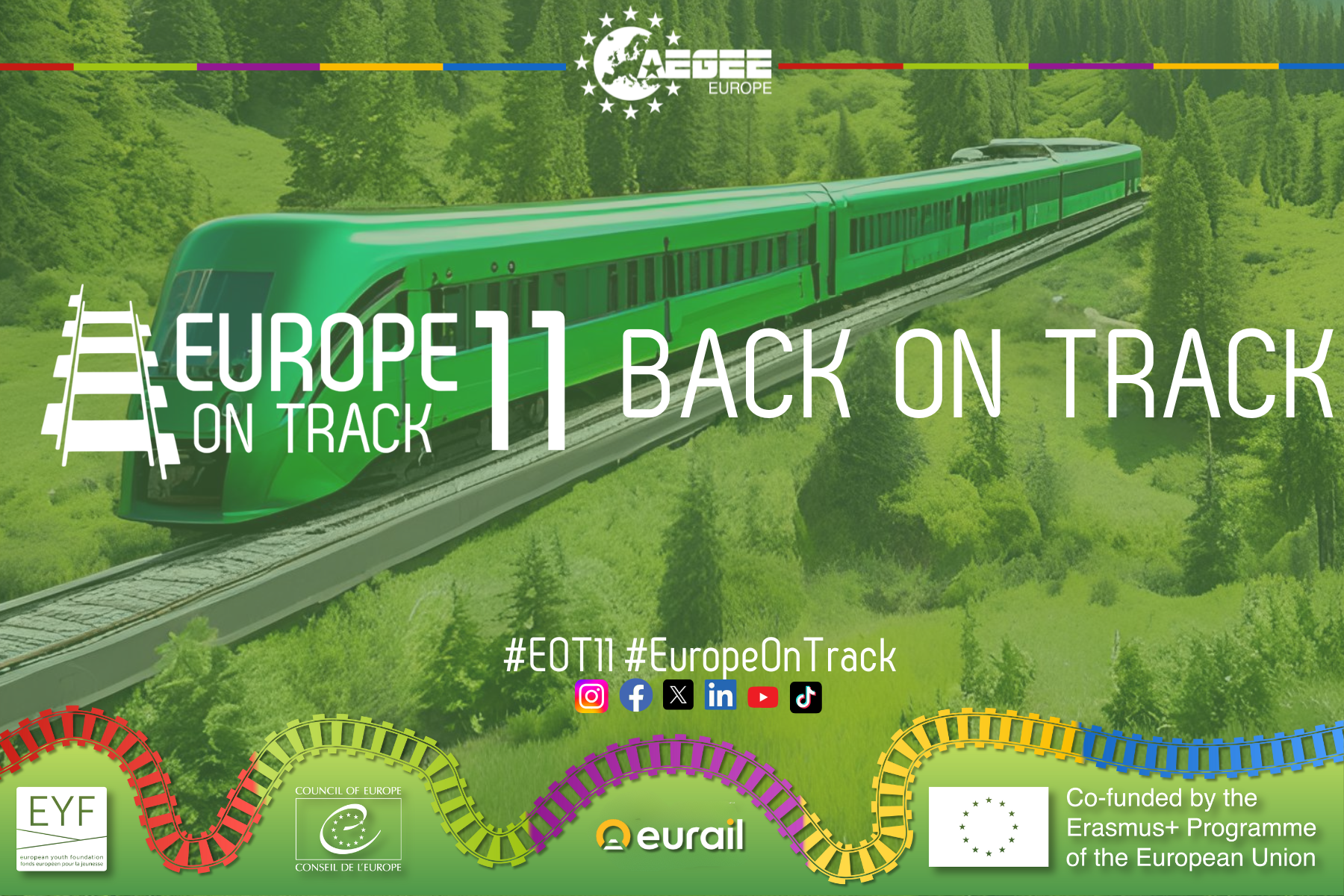Budapest 10.04.-13.04.4
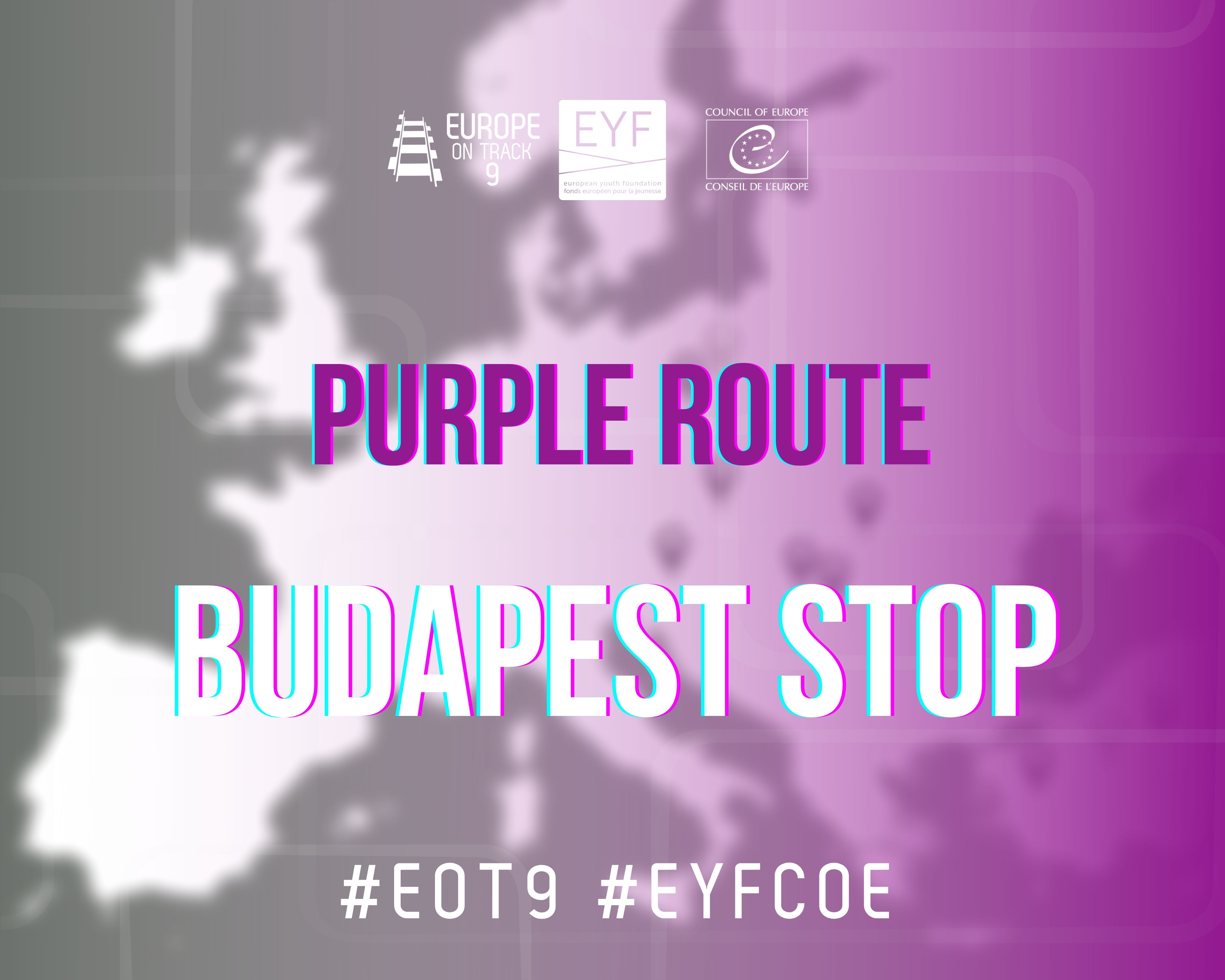
A whole committee welcomed us in the evening in Budapest, the third stop of the Purple Route. We went home with our hosts and experienced true Hungarian hospitality.
In the morning we were invited to deliver our workshop about Gender based violence and discrimination in the Digital World to five classes of the Szinyei Merse Pál Gimnázium – it became a whole marathon of workshops and to the point where we nearly became experts!
For us, it was really interesting how we always adjusted the workshop depending on the needs and interests of the changing classes, differing ages, knowledge and experiences of the students.
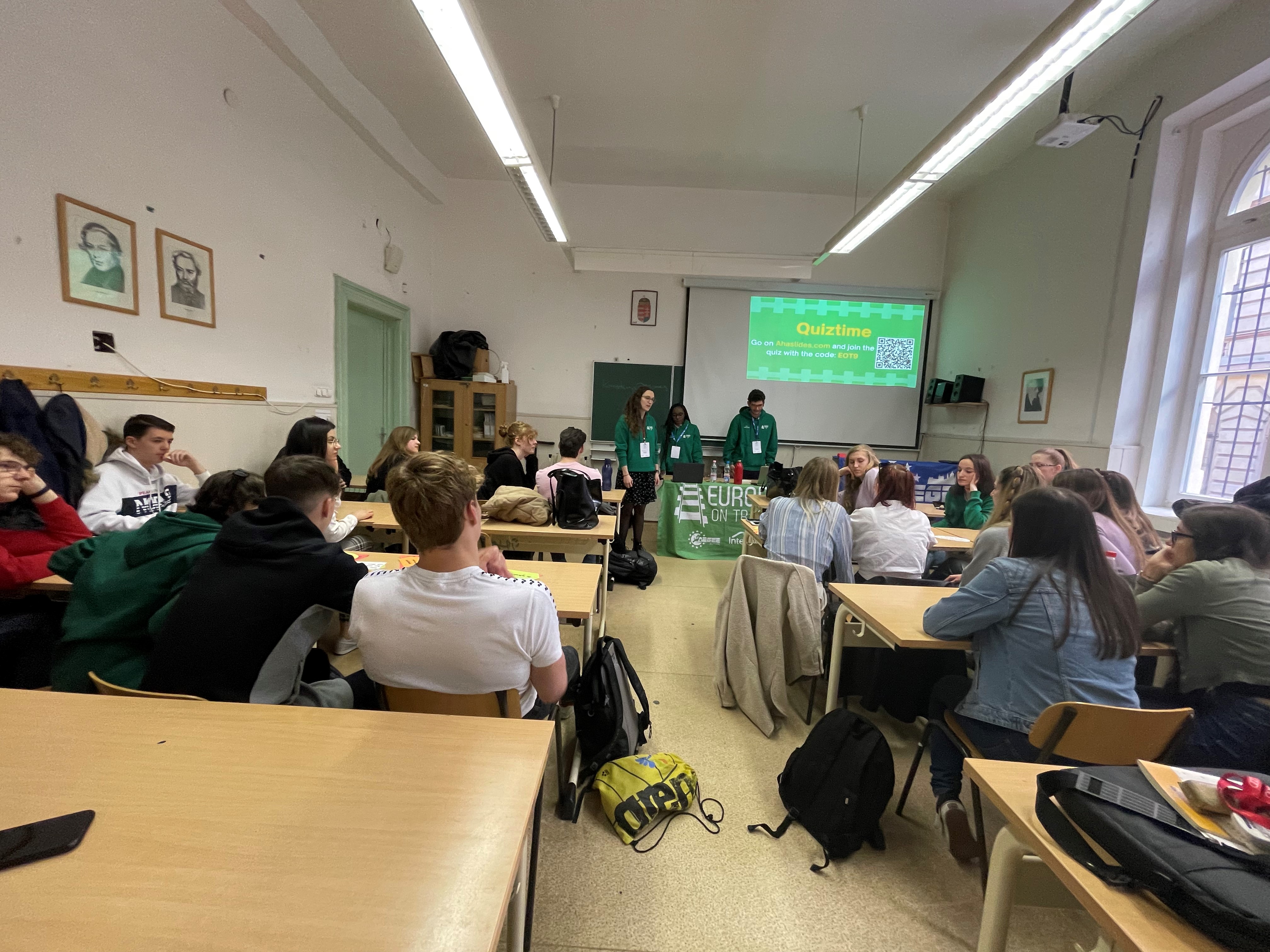 In one class we focused more on cyberbullying and how we can support victims of it, while we discussed more about what can be done from the side of the society, social media platforms and the government with other classes. We talked about how in many countries, violence happening online, especially when it comes to gender-based discrimination, is not considered a crime. This is a major issue that we identified because many victims are left behind helpless, unsafe and unsupported with the lack of laws in place to protect them.
In one class we focused more on cyberbullying and how we can support victims of it, while we discussed more about what can be done from the side of the society, social media platforms and the government with other classes. We talked about how in many countries, violence happening online, especially when it comes to gender-based discrimination, is not considered a crime. This is a major issue that we identified because many victims are left behind helpless, unsafe and unsupported with the lack of laws in place to protect them.
After that exciting, but also challenging morning, we finally got to experience some of Budapest’s beauty a bit better. We enjoyed a typical Hungarian lunch in a student’s restaurant and took the tram along the river, passing the famous parliament building with it´s beautiful architecture and many other sites such as Galion’s Hill and the Fisherman’s Bastion on the other side of the Danube river.
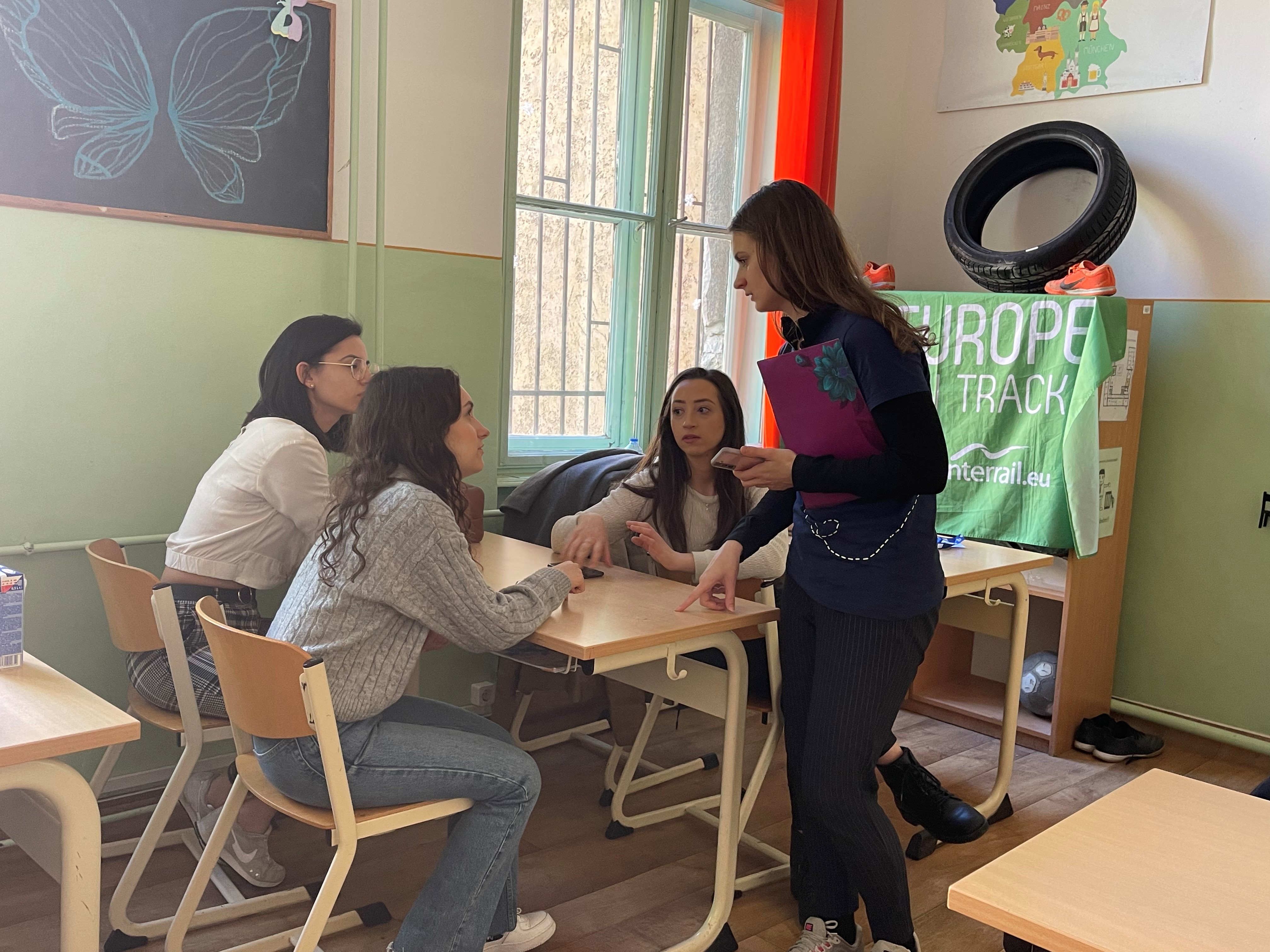
We were quite impressed by the astonishing buildings of the University where we got to switch from delivering workshops, to attending one ourselves! We received a “Hungarian language workshop” that AEGEE-Budapest prepared for us. It was quite difficult for our untrained tongues to pronounce the Hungarian words correctly, but we learned some very important words like ”igen” meaning “yes”, and “nem” meaning “no”. Not only did we learn these, but we also covered some topic related words such as “gender” – “nem”, “gender equality” which translated to “nemek közti egyenlőség” and “safe space” which is “biztonságos környezet”.
After the Hungarian crash course, we delivered the sixth and final workshop of the day. This time our topic was ‘Creating safe, inclusive and empowering space’ – a workshop where we talked about discrimination not only based on gender, but several other attributes and finally, demonstrating to our participants how they themselves can create their own safe spaces. We enjoyed delivering the workshop a lot and felt like the participants learnt about the topic, but also got to reflect on their own communities.
While Omnia and Elia interviewed volunteers about Gender Equality and the situation in Hungary, I got to present the Istanbul Convention in short form to the participants that were eager to stay even longer after the ‘Safe Space’ – workshop. We had a very interesting discussion about the situation in Hungary and why the Istanbul Convention hasn’t been ratified. I was surprised about the knowledge of many participants around the Istanbul Convention and the details they shared about the measurements in Hungary. Especially now after the election I felt a lot of anger and disappointment during the discussion because of the propaganda that the Hungarians are confronted with constantly. One participant recalled the arguments that were discussed on public media on why the ratification is no longer the intention of the government: The leading party only pointed out the parts of the convention that don’t fit their politics, like the included definition of gender or the inclusion of women regardless their migratory status, which aren’t conform with the anti LGBT+ and refugees politics of the government.
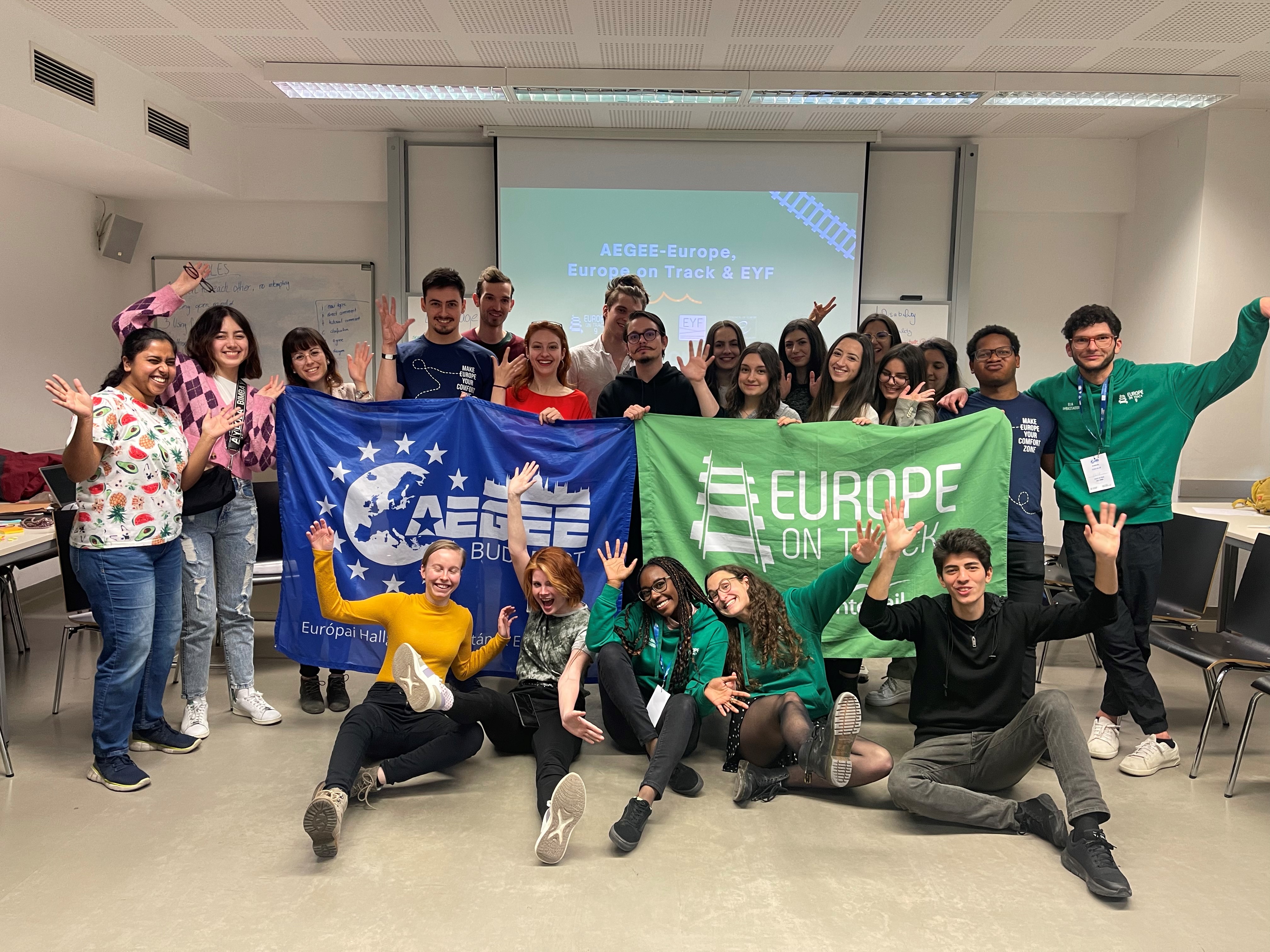 Many of the participants found it really threatening that the Hungarian government still didn’t ratify the Convention and doesn’t implement more support tools to protect women from gender-based violence or criminalises it, but the ruling party is more acting against it by including gender stereotypes in their politics and is sticking to conservative gender roles. They also pointed out that there is not enough done by the civil society and NGOs in Hungary as well, because even when there were many protests around the Istanbul Convention nothing changed.
Many of the participants found it really threatening that the Hungarian government still didn’t ratify the Convention and doesn’t implement more support tools to protect women from gender-based violence or criminalises it, but the ruling party is more acting against it by including gender stereotypes in their politics and is sticking to conservative gender roles. They also pointed out that there is not enough done by the civil society and NGOs in Hungary as well, because even when there were many protests around the Istanbul Convention nothing changed.
We closed the day with dinner to be well prepared for the next rounds of workshops in the morning.
After three more workshops were done, we got to try Langos, traditional Hungarian street food before our city tour started where we even met more people of AEGEE-Budapest. We enjoyed the sun on Margrite’s island, learned about Hungarian history while visiting memorials, the St. Stephan’s Cathedral and the Parliament.
We spent the evening with the AEGEE local and farewelled before heading to the train station after a short night.
Puszi puszi, Budapest and thank you for amazing two days!
